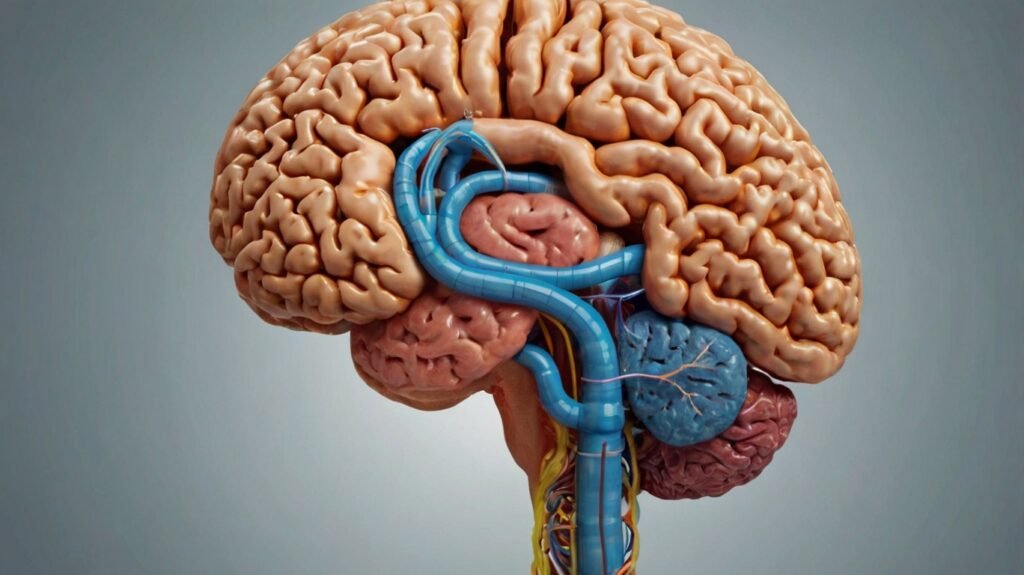
Boost Your Mental Health with These Simple, Expert-Backed Tips
Feeling overwhelmed, stressed, or just mentally drained? You’re not alone. In today’s fast-paced world, taking care of your mental health is just as important as your physical well-being. The good news? You don’t need a complete lifestyle overhaul to start feeling better. Sometimes, small changes can make a big difference.
Let’s dive into some practical, easy-to-follow strategies—backed by mental health experts—that can help you feel more balanced, calm, and in control.
Why Mental Health Matters More Than Ever
Before we jump into the “how,” let’s talk about the “why.” Mental health affects every part of our lives—from how we think, feel, and act, to how we handle stress, relate to others, and make choices.
When your mental health is in a good place, you’re more likely to feel resilient, energized, and able to enjoy life. On the flip side, when your mental wellness is suffering, everything can feel harder—from getting out of bed to facing everyday challenges.
So, how can you boost your mental health without feeling like it’s one more thing to add to your to-do list? Let’s break it down.
1. Move Your Body – It’s Medicine for Your Mind
Think exercise is just for physical fitness? Think again. Movement is one of the most powerful tools for improving mental health.
Even short bursts of activity can help reduce anxiety and boost your mood. You don’t need to run a marathon—just a 20-minute walk around the block can work wonders.
- Exercise triggers the release of endorphins, your brain’s feel-good chemicals.
- It reduces cortisol, the stress hormone, which helps you feel calmer.
- It promotes better sleep, which is critical for mental clarity and emotional balance.
Not a fan of the gym? That’s okay. Try dancing in your kitchen, doing yoga in your living room, or gardening on the weekend. The key is to find movement that feels good—not like a punishment.
2. Start a Daily Mindfulness Ritual
You’ve probably heard people talk about mindfulness and wondered, “Is that just sitting in silence for hours?” Don’t worry—it’s much simpler than that.
Mindfulness just means being present. It’s about noticing the moment you’re in, rather than worrying about the past or future.
Want to give it a try? Start with just 5 minutes a day:
- Sit comfortably.
- Close your eyes and breathe deeply.
- Focus on your breath. When your mind wanders (and it will), gently bring it back.
Practicing mindfulness daily can help reduce anxiety, improve focus, and even make you more patient.
Here’s a quick comparison to help make sense of it: Think of your brain like a snow globe. Mindfulness settles the swirling thoughts so you can see more clearly.
3. Limit Social Media and News Intake
Let’s be honest: Most of us are glued to our phones more than we’d like to admit. While technology keeps us connected, too much screen time—especially doomscrolling—can negatively affect mental health.
Ask yourself: How do you feel after scrolling through your feed or reading the news for an hour?
If your answer is “stressed” or “drained,” it might be time for a digital detox:
- Set a daily screen time limit for social media (many phones offer this feature).
- Schedule phone-free zones—like during meals or right before bed.
- Curate your feed to follow people/accounts that uplift you instead of bring you down.
Taking breaks from screens can help you stay more present and less anxious.
4. Stay Connected – It’s Not Just Nice, It’s Necessary
Did you know connecting with others is vital for your brain’s health?
Even a quick chat with a friend or a smile at a stranger can increase feelings of well-being. Humans are social creatures, and we need connection to thrive.
Here are some ways to stay connected—even when life gets busy:
- Schedule regular coffee calls or in-person meet-ups.
- Join a local group or class (book clubs, fitness classes, community events).
- Send a quick “thinking of you” message to someone you care about.
If you’re struggling, don’t be afraid to talk to a therapist. Reaching out for help is a sign of strength, not weakness.
5. Stick to a Sleep Routine
When was the last time you got a truly restful night of sleep?
Poor sleep and poor mental health go hand-in-hand. It’s a vicious cycle: stress affects your sleep, and lack of sleep makes stress worse.
Try these simple tips for better rest:
- Go to bed and wake up at the same time daily—even on weekends.
- Create a bedtime wind-down routine (like reading a book or taking a warm shower).
- Keep screens out of the bedroom—the blue light can mess with your sleep hormones.
A good night’s rest helps your brain recharge, reduces irritability, and improves emotional regulation.
6. Fuel Your Brain with the Right Foods
You’ve probably heard the phrase “You are what you eat.” Well, your brain is no exception.
Certain foods can support better mood and mental performance:
- Omega-3s (found in salmon, flaxseeds, and walnuts)
- Leafy greens like spinach and kale
- Whole grains and complex carbs for steady energy
- Fermented foods (like yogurt, kimchi, or kombucha) to support gut health
A healthy gut supports a healthy mind. It might sound strange, but your gut and brain are deeply connected!
7. Practice Gratitude Daily
It might sound simple, but regularly practicing gratitude can shift your mindset.
Even on bad days, there’s usually something we can be thankful for—a warm cup of tea, a kind word from a coworker, a sunny afternoon.
Try keeping a small gratitude journal. Each night, write down 3 things you’re thankful for.
Over time, you’ll start training your brain to notice what’s going right, rather than always focusing on what’s wrong.
You’ve Got This—One Step at a Time
Improving your mental health doesn’t mean you have to be positive all the time or have everything figured out. It’s about creating space in your life to slow down, connect, and take care of yourself.
So, which strategy will you try first?
Remember:
- Start small and stay consistent.
- It’s okay to have off days.
- You’re not alone.
Your mind matters. Treat it kindly—you deserve that kind of care.
Want more tips like this delivered straight to your inbox? Sign up for our newsletter and make your mental health a priority—starting today.
Happy mind, happy life. 💛
